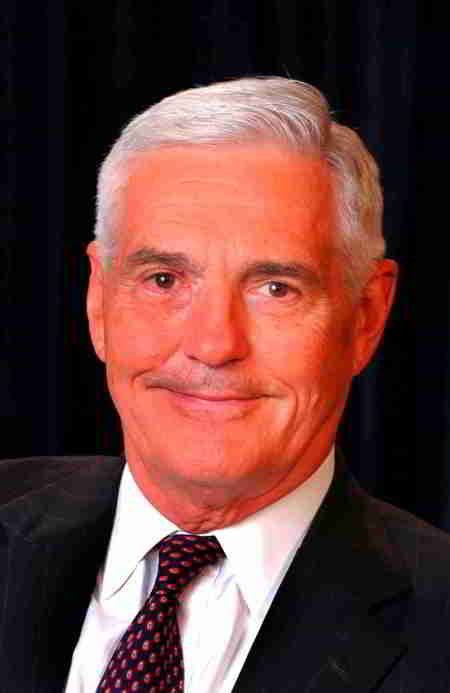Bob Lutz got in trouble last week, when he told a group of journalists that “global warming is a crock” and specified what was in the crock.
Since then, he’s been backpedaling furiously. It isn’t fashionable to say such things, even if they are true. Moreover, General Motors has been making significant investments designed to capture the market being shaped, whether through consumer demand or government regulation, buy the belief in global warming. Though many respected climatologists believe that any warming trend currently existing is related to solar activity, not man’s CO2 emissions, “global warming” long ago passed from the realm of scientific objectivity and into the realm of political agendas.
So, Lutz caught flack immediately.
He’s now responding. He’s not saying his “offhand remark” was wrong. He’s saying that his personal opinions don’t control GM policy.
Writing on the GM’s FastLane blog, Lutz said:
"General Motors is dedicated to the removal of cars and trucks from the environmental equation, period," GM's vice chairman writes. "And, believe it or don't, so am I! It's the right thing to do, for us, for you and, yes, for the planet. My goal is to take the automotive industry out of the debate entirely. GM is working on just that - and we're going to keep working on it - via E85, hybrids, hydrogen and fuel cells and the electrification of the automobile."
Now, it’s time to actually start asking Bob what that paragraph means. He and other GM executives repeat it as often as Dinah Shore used to say, “See the USA in Your Chevrolet.”
But, at least what Ms. Shore said made sense.
What Lutz says does not.
How, exactly, does one “remove cars and trucks from the environmental equation entirely?”
Lutz says that “GM is working on just that,” and cites E85, hybrids, hydrogen fuel cells and electric cars as the means by which that is to be accomplished.
But that is not an answer to the question. None of those proposed solutions “remove cars and trucks from the environmental equation entirely,” or even come close.
All automobiles and trucks require some sort of power to make them move. Definitionally, these are devices that transform energy into motion.
Further, it takes energy to make energy. Gasoline is a store of energy. But drilling for it, refining it, and transporting it all takes energy. The effect of a fleet of vehicles powered by internal combustion gasoline engines is not restricted to the emissions output of the vehicles, but includes the entire chain of commerce that leads up to the consumer’s use of the fuel.
Ethanol, similarly, has energy consequences. It requires enormous amounts of energy to grow the plants from which it is distilled – one of the reasons that GM is hoping that a pilot effort to distill ethanol from other sources will pay off. But, even if it does, ethanol won’t be a free ride. Apart from its lesser efficiency as a fuel, it is still necessary to consume energy to distill it, turn it into a fuel, and deliver it.
Electricity isn’t a free ride, either – anyone that gets a utility bill knows that. According to government figures for 2007 prepared by the Energy Efficiency Administration of the United States government, 48.4% of the power generated in the United States is generated by burning coal. 21.7% comes from burning natural gas. (Nuclear power accounts for 19.3% and hydroelectric for 6.0%; the rest comes from petroleum or other energy sources, such as wind.) In short, increasing the demand for electricity by converting to a fleet of electric cars means increasing the demand for the products required to generate it, which is overwhelmingly coal and natural gas. No wonder the members of Congress from West Virginia are as keen on electric cars as the politicians from Iowa are on ethanol.
Even hydrogen requires energy to create. Though GM executives are fond of pointing out that hydrogen is created as a by-product of refining gasoline, the bottom line is that hydrogen must be created, stored, and dispensed – none of which is energy free.
In the process of “clarifying” his crock statement, Lutz had a golden opportunity to try to inject some rationality into the discussion of the role of the automobile in the world ecology.
He blew it.

